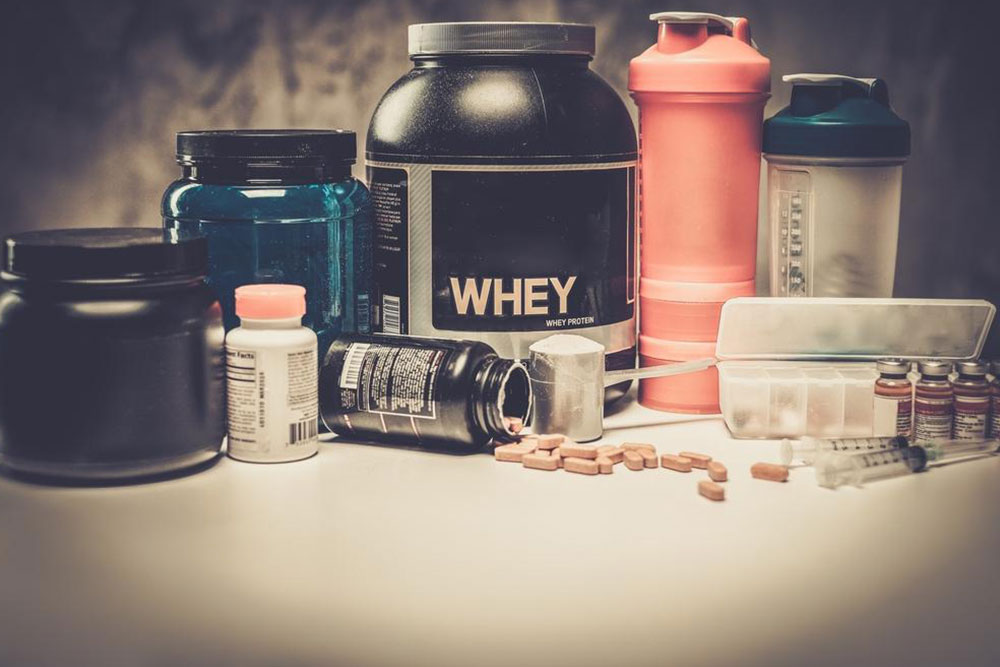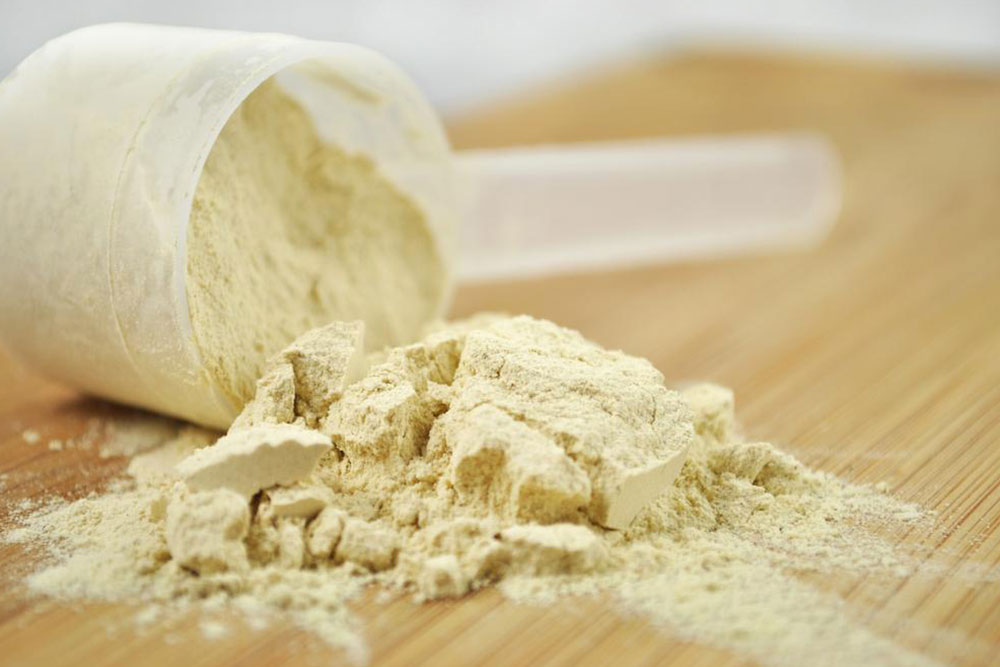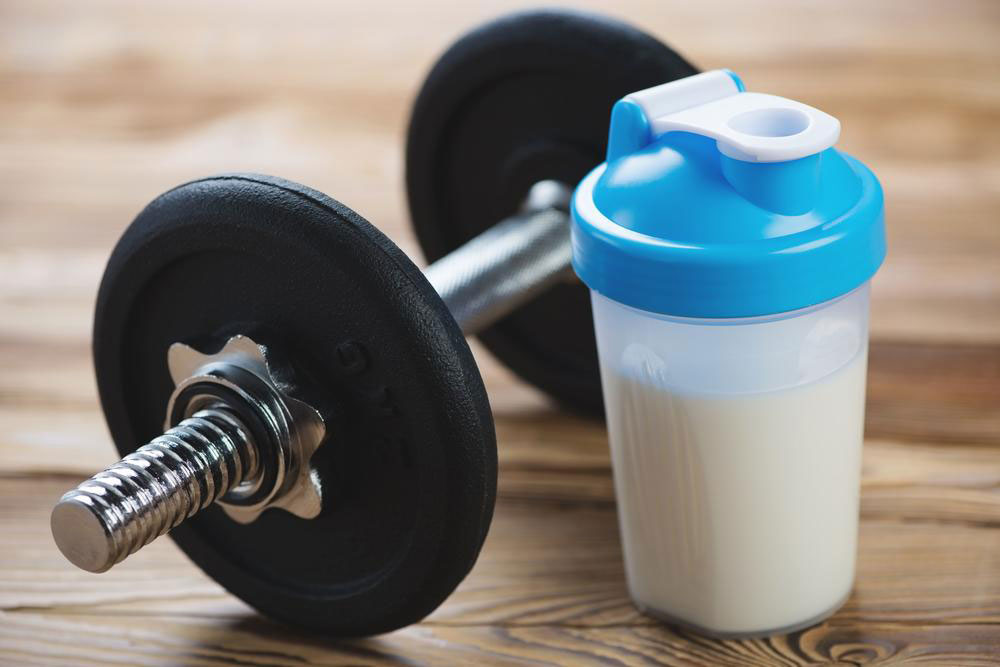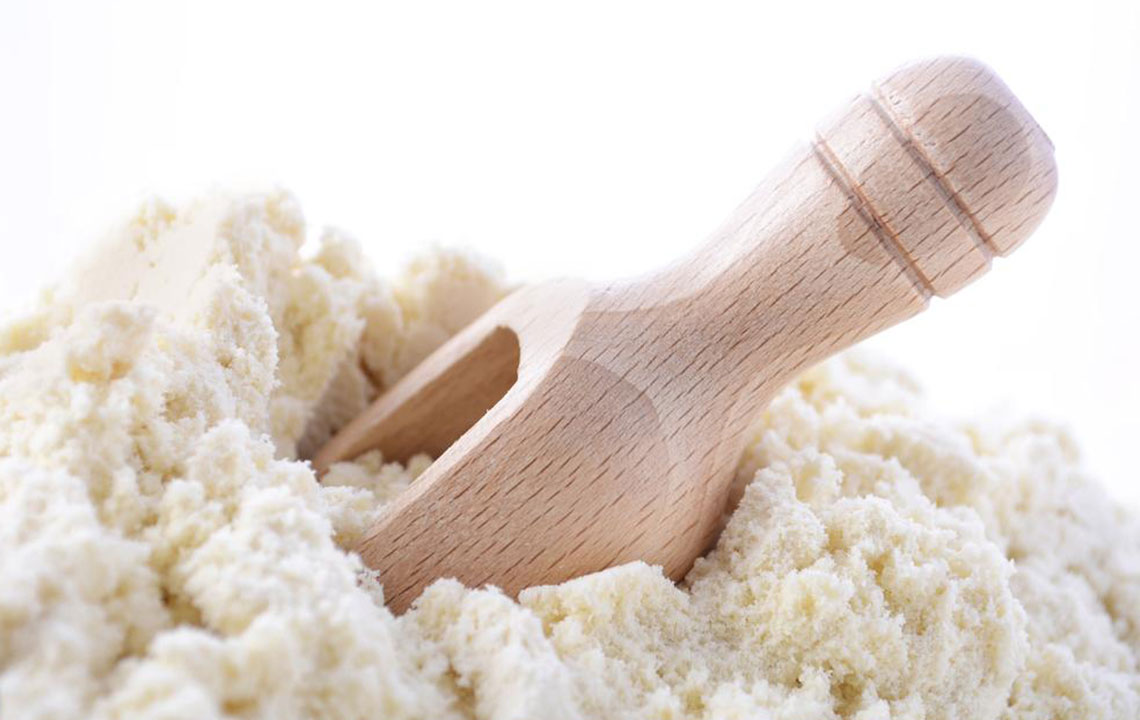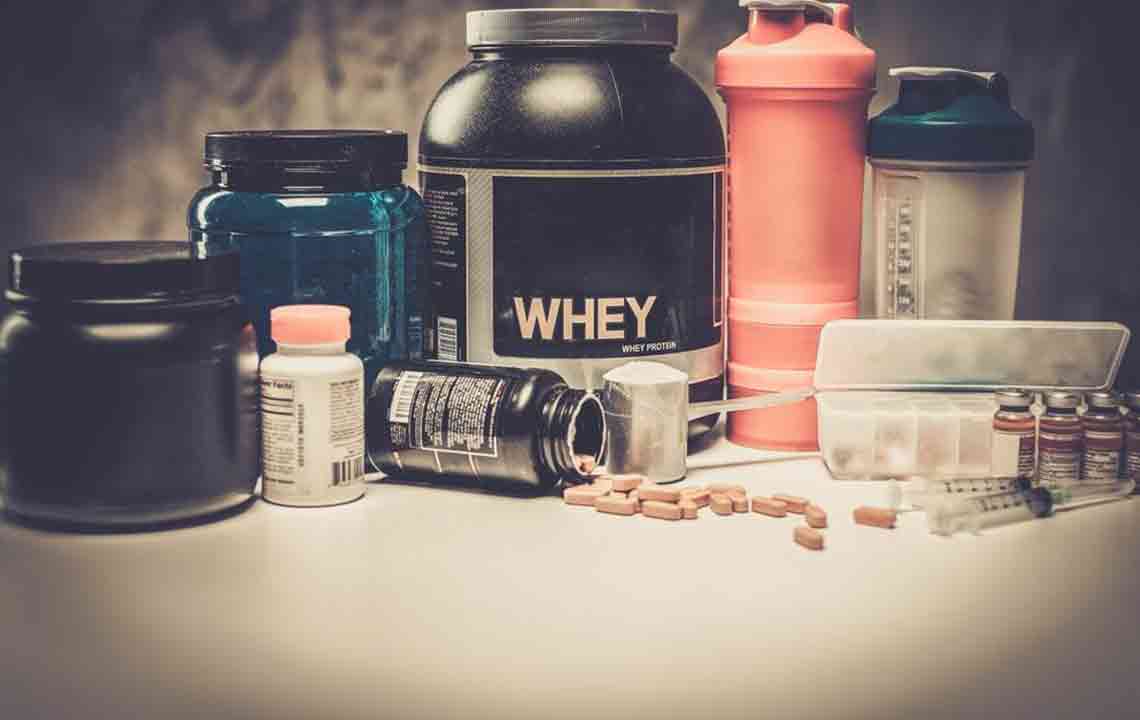Comprehensive Guide to Protein Supplements for Optimal Muscle Growth and Recovery
This comprehensive guide explores the importance of protein supplements in supporting muscle growth, recovery, and overall health. It covers key aspects such as protein functions, absorption differences between foods and powders, how to choose the right supplement, recommended intake, and optimal timing for consumption. Ideal for athletes, fitness enthusiasts, and busy professionals, the article emphasizes making informed choices to maximize workout results and maintain a balanced diet with convenient, effective protein supplementation.

FAQs About Protein Supplements
Maintaining a balanced diet can be challenging amidst a hectic lifestyle, especially when striving to meet your daily protein requirements essential for muscle development and overall health. Protein supplements, notably in powder and shake form, have become vital tools for athletes, students, and busy professionals aiming to supplement their diet quickly and effectively. These supplements help fill nutritional gaps, ensuring your body receives the necessary amino acids for muscle repair, growth, and maintenance. Selecting the most suitable protein supplement can seem overwhelming, but understanding the key factors involved can streamline your decision-making process:
What is the significance of proteins in muscle development?
Proteins are composed of amino acids, which serve as the building blocks for muscle tissues. They play an indispensable role in constructing new muscle fibers, repairing damaged tissues, and maintaining muscular health. Proteins contain nitrogen, an element crucial for muscle synthesis. When the body maintains a positive nitrogen balance, it enters an anabolic state conducive to muscle growth. Conversely, a deficiency leads to negative nitrogen balance, resulting in muscle catabolism, fatigue, and a slowed recovery process. Adequate protein consumption supports not just muscle strength but also overall bodily functions, immune response, and cellular repair, making it a cornerstone of health and fitness regimens.
Understanding the vital role of proteins emphasizes why ensuring sufficient intake is critical. Without proper protein levels, muscles cannot regenerate effectively after workouts, increasing the risk of injury or overtraining. Moreover, proteins influence various metabolic pathways, hormone production, and enzyme functions, all contributing to a comprehensive health profile. For athletes, bodybuilders, or those engaged in physically demanding activities, prioritizing protein intake directly correlates with improved performance, quicker recovery, and better adaptation to training stimuli.
Why choose protein shakes over whole foods?
While traditional diets can provide ample protein through foods like fish, poultry, beans, and soy, the absorption efficiency varies significantly. Research indicates that soy protein has an absorption rate of approximately 61%, whereas fish-derived protein can be absorbed at around 80%. Whey protein, commonly found in shakes, offers almost 100% absorbability, allowing the body to utilize amino acids more effectively. This rapid digestion and absorption process make protein powders especially beneficial post-workout when muscle repair is at its peak. Additionally, protein supplements offer convenience, portability, and a controlled dosage, making them invaluable for busy schedules where meals may be irregular or insufficient in nutrients.
How to select the best protein supplement for your needs?
When choosing a protein supplement, focus on products with a high Biological Value (BV), a measure of how effectively a protein source is digested and utilized by the body. Whey protein, with a BV of 104, is regarded as one of the most efficient options for quick muscle recovery. However, other factors like ingredient purity, presence of fillers or additives, flavor options, basic ingredient transparency, and brand reputation should also influence your decision. Opt for products with minimal artificial ingredients, clear labeling, and positive consumer reviews to ensure optimal health benefits without unnecessary additives.
What is the recommended daily protein intake?
General guidelines suggest consuming roughly 1 gram of protein per pound of body weight for athletes or those actively building muscle. For instance, a person weighing 150 pounds should aim for approximately 150 grams of protein daily. This intake can be distributed across meals and supplemented with protein shakes, particularly post-exercise when muscles are most receptive to nutrient uptake. Additionally, increasing mineral intake, especially calcium and magnesium, supports muscle contraction and recovery. Consulting with a nutritionist or health professional can help tailor your dietary plan to align with your specific fitness goals and dietary restrictions.
When is the best time to consume your protein shake?
Timing your protein intake is crucial for maximizing muscle synthesis. The most effective window is within 30 minutes post-exercise, often referred to as the "anabolic window." During this period, muscles are highly receptive to nutrient absorption, which accelerates repair processes and promotes hypertrophy. Drinking a protein shake immediately after workouts ensures rapid delivery of amino acids into muscles, supporting efficient recovery, reduced soreness, and sustained strength gains. For optimal results, consider combining protein intake with carbohydrates post-exercise to replenish glycogen stores and enhance overall muscle repair.
In summary, protein powders, especially those based on whey, provide a quick, efficient, and convenient method to meet your daily nutritional requirements. Selecting high-quality products with a high BV, timing your consumption properly, and maintaining a balanced diet can significantly improve muscle repair, growth, and overall health. Remember to read product labels carefully, seek reputable brands, and consider professional nutritional advice to optimize your supplementation strategy for fitness and health objectives.
